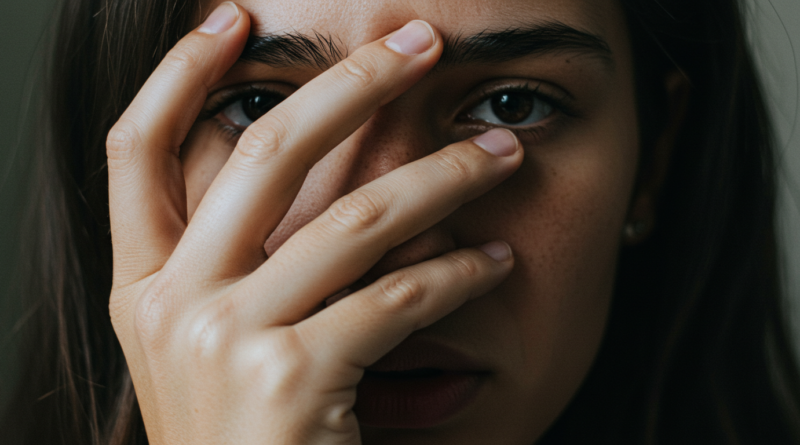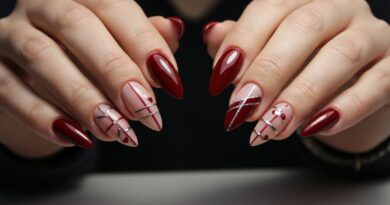THIS IS WHY YOUR SKIN IS STILL BREAKING OUT: 10 Hidden Causes Most People Ignore
You’ve tried all the “clear skin” products. You’ve cut back on sugar, changed pillowcases weekly, even stopped wearing makeup—but the breakouts just keep coming. Sound familiar?
The truth is, acne isn’t always about dirty skin or bad skincare. Sometimes, it’s the hidden everyday habits we don’t even think about that sabotage our complexion. Let’s break down 10 overlooked causes of acne—and what you can do to finally stop the cycle.
1. You’re Washing Your Face Too Much
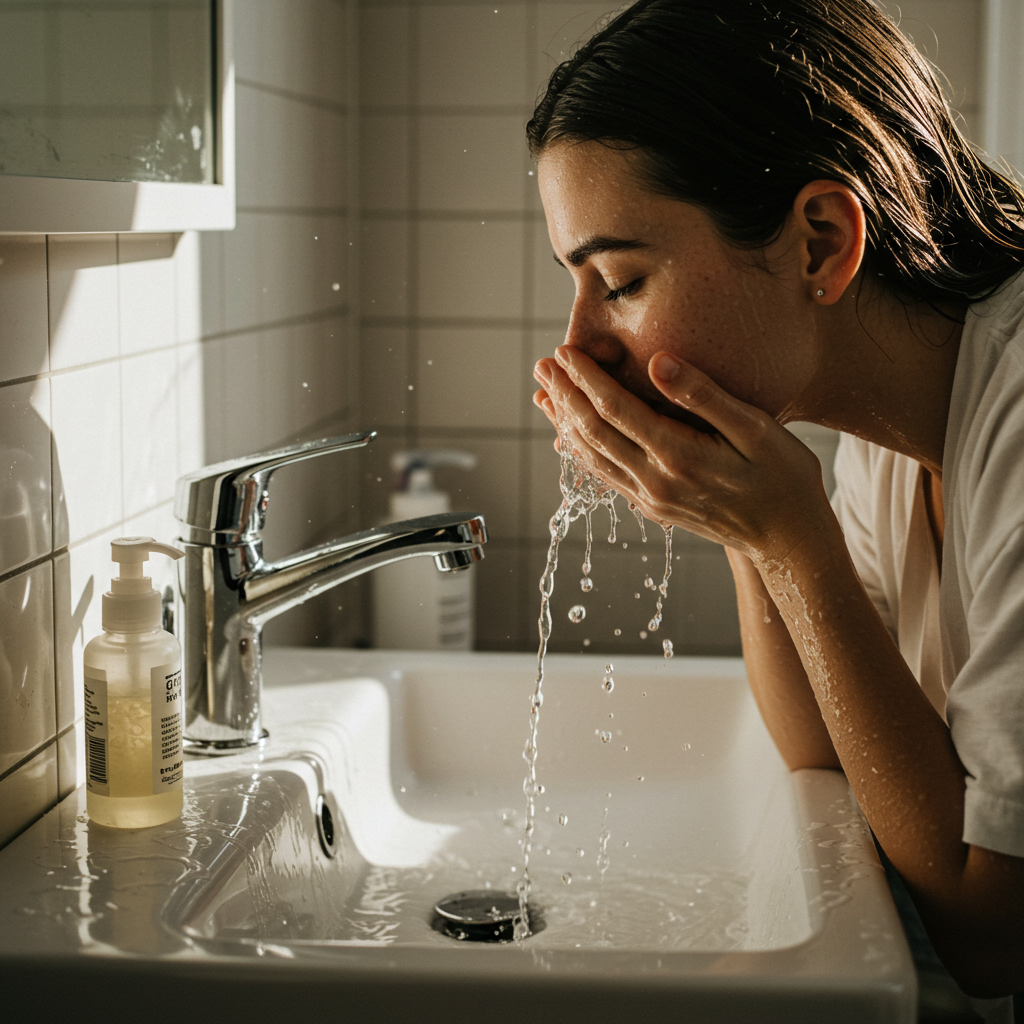
Over-cleansing strips your skin’s natural oils, leading to increased oil production and inflammation. It can also disrupt your skin barrier, making it more vulnerable to acne-causing bacteria.
What to do instead:
Wash your face twice a day once in the morning and once before bed. Use a gentle, pH-balanced cleanser that doesn’t leave your skin feeling tight or squeaky.
2. Your Hair Products Are Clogging Your Skin
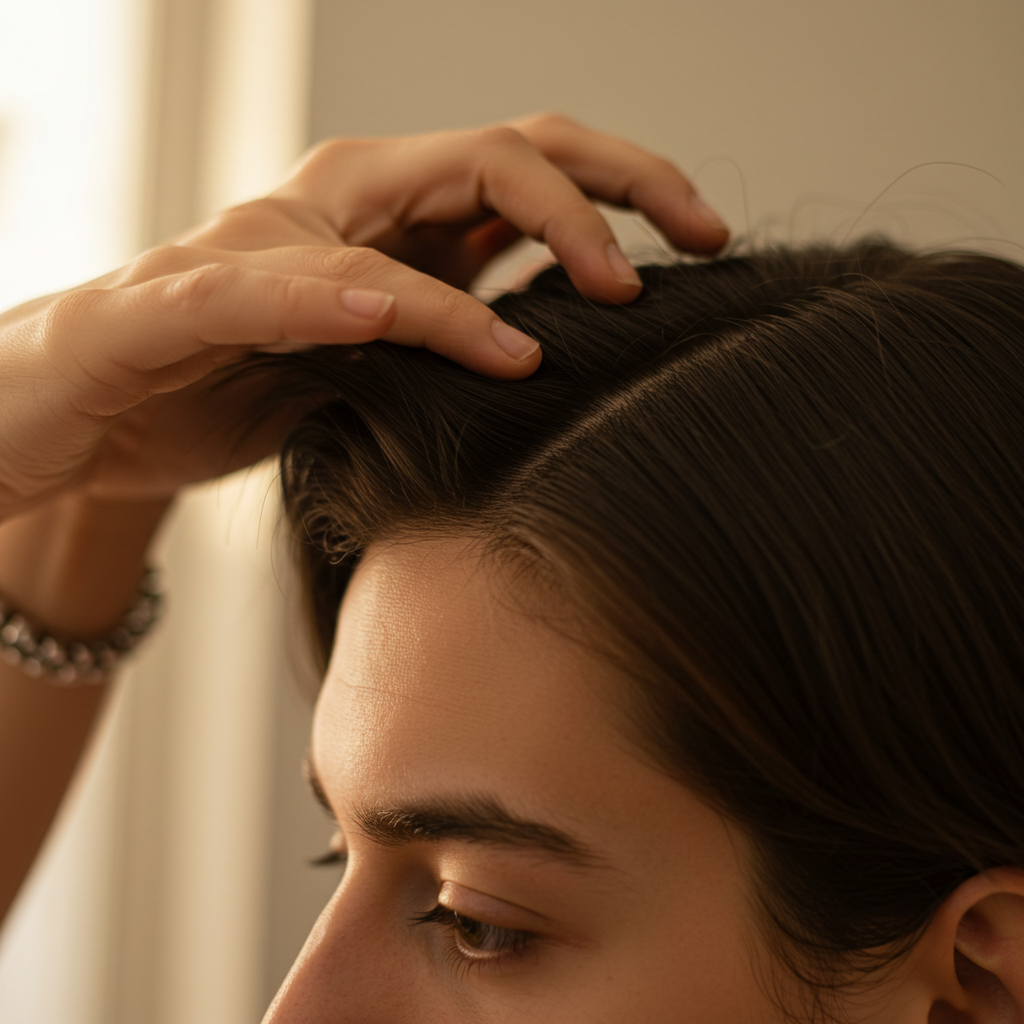
That leave-in conditioner or oil-based serum might make your hair glossy—but if it touches your face, it can wreak havoc. Ingredients like silicones, coconut oil, and heavy waxes can clog pores around the hairline, jaw, and cheeks.
Solution:
Apply hair products away from your face, and always cleanse your skin after a workout or steamy styling session. Use a satin headband or towel during hair treatments.
3. You’re Not Cleaning Your Phone Screen
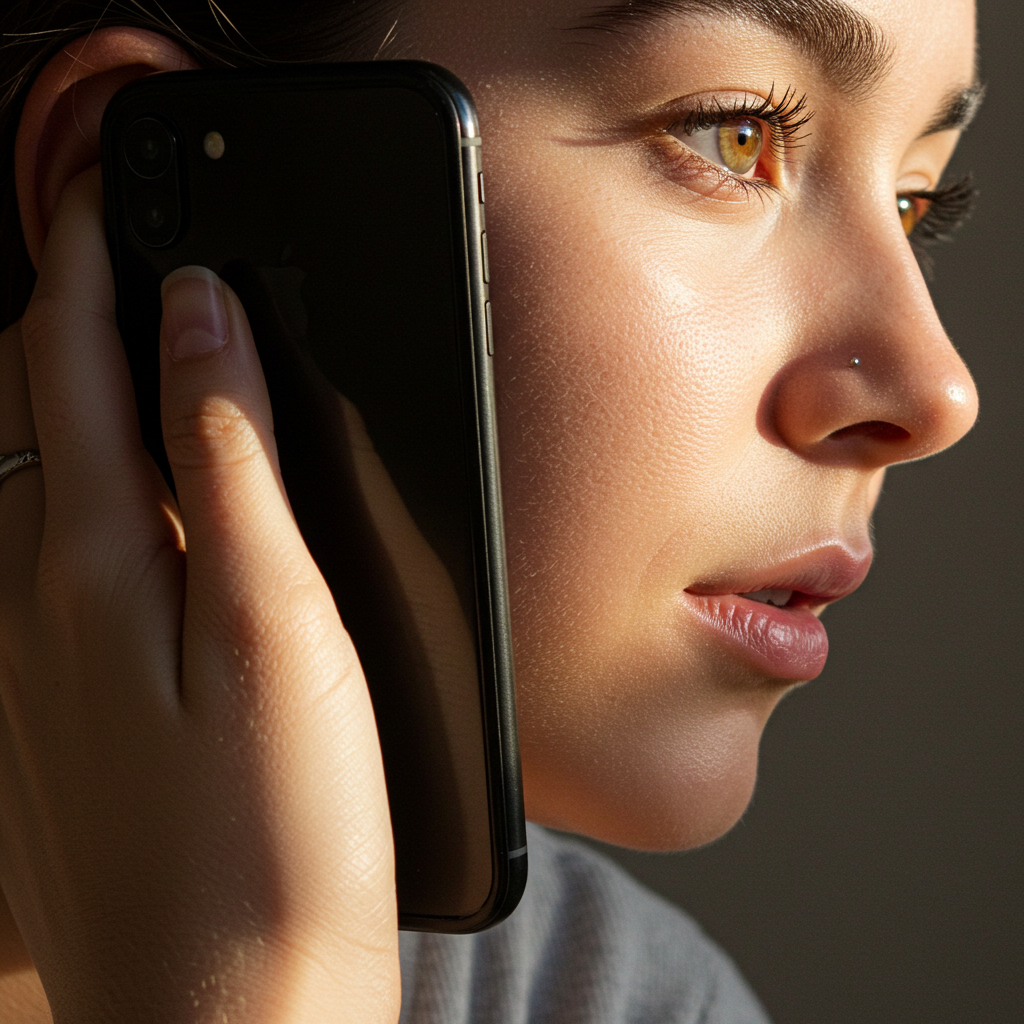
Think of how often your phone touches your cheek. Now think about the germs, oil, and makeup it collects daily. That’s a breeding ground for breakouts—especially along your jawline or lower cheeks.
Fix it fast:
Wipe your phone with antibacterial or alcohol wipes at least once a day. Use earbuds for calls when possible.
4. You’re Using Comedogenic Skincare or Makeup
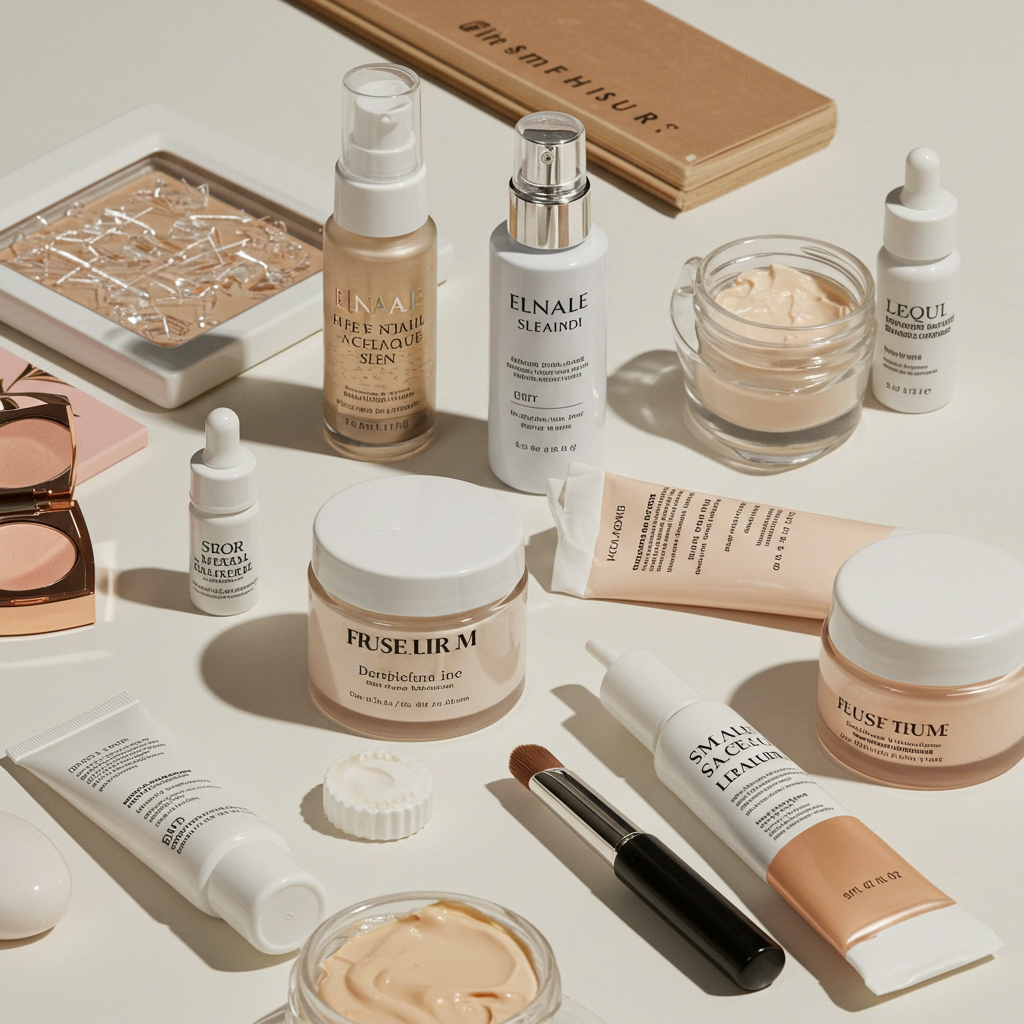
Many “hydrating” or “glow-enhancing” products contain ingredients that clog pores. Shea butter, lanolin, isopropyl myristate, and coconut oil are common culprits—especially if you’re acne-prone.
Tip:
Always look for non-comedogenic labels and check ingredient lists on anything you apply to your face.
5. You’re Not Washing Your Pillowcase Enough
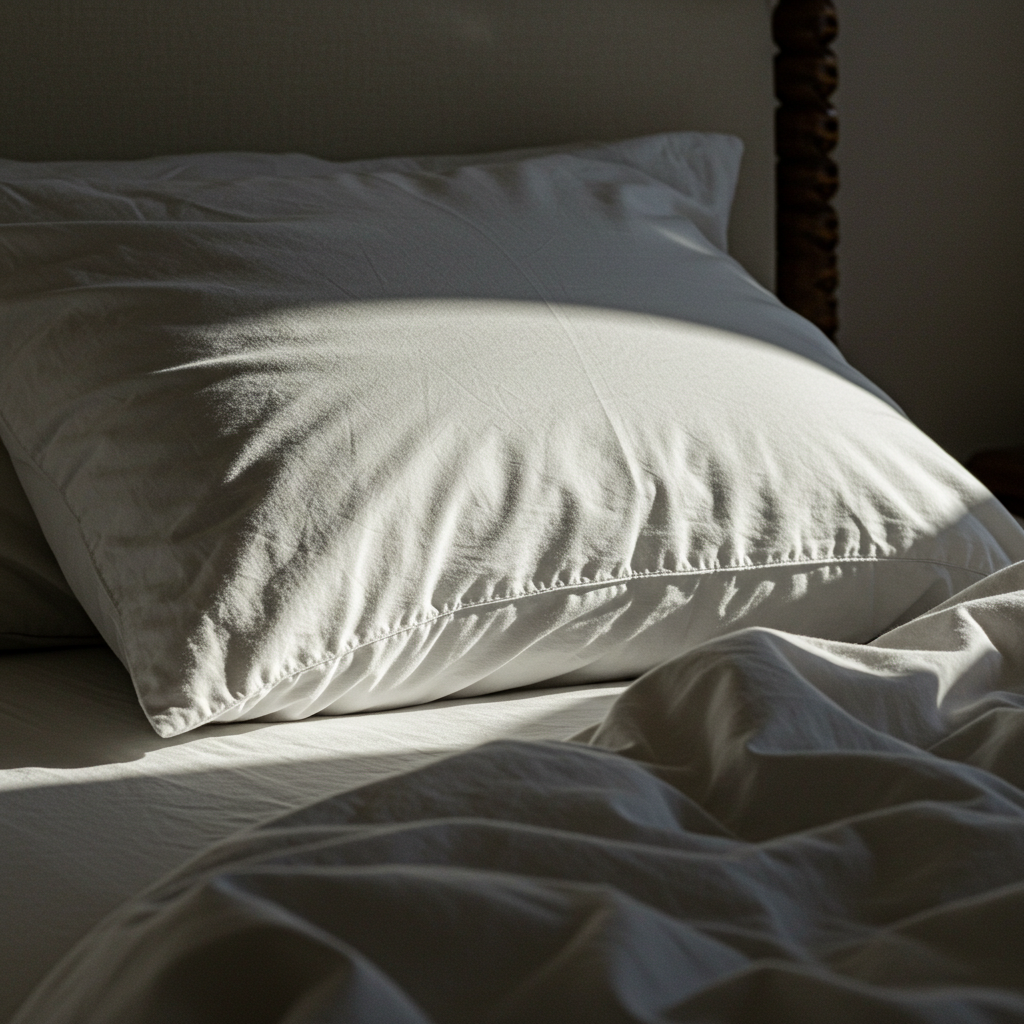
Pillowcases collect dead skin, sweat, oil, and hair product buildup. Sleeping on a dirty pillow is basically pressing bacteria into your pores for 8 hours straight.
Best practice:
Change your pillowcase 2–3 times a week, especially if you have oily or acne-prone skin. Use fragrance-free detergent and avoid fabric softeners.
6. Your Skincare Order Is Off
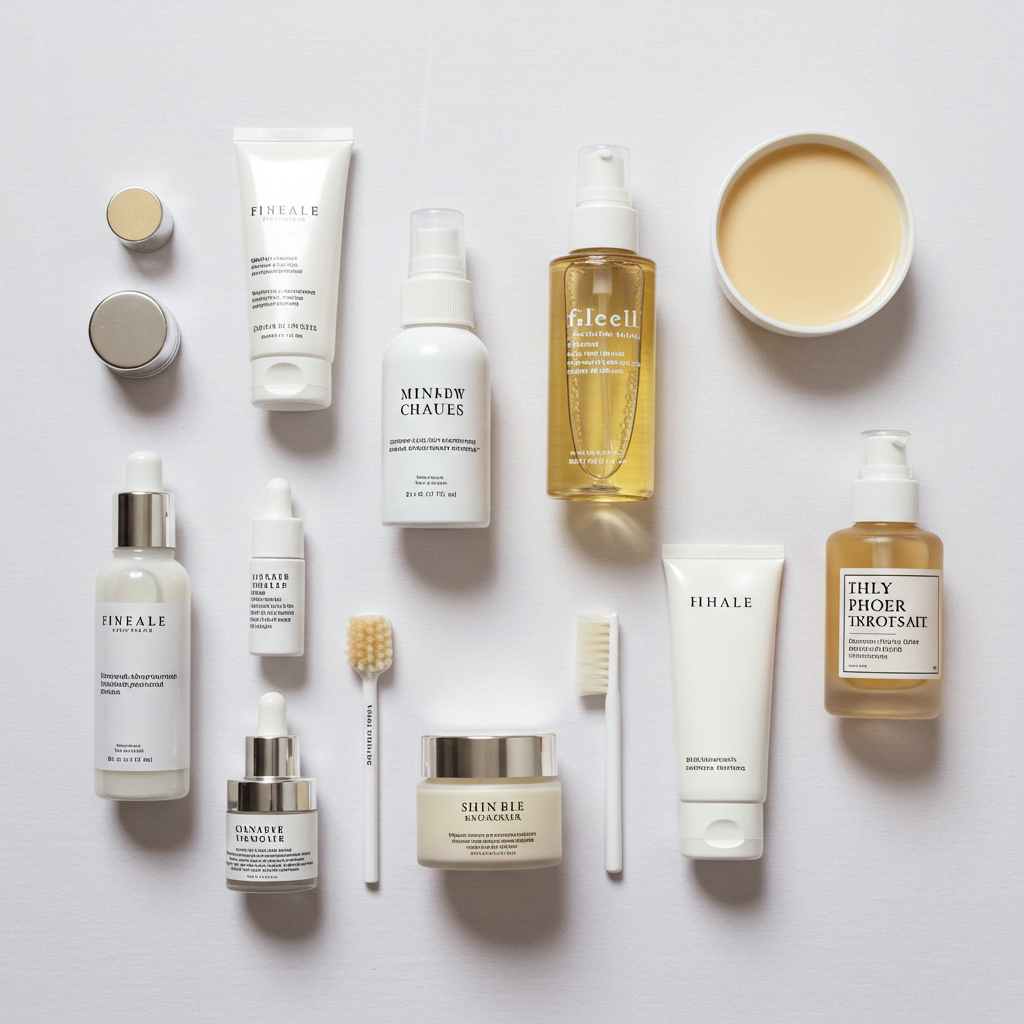
Applying products in the wrong order can reduce their effectiveness—or cause congestion. For example, layering a thick cream before a serum means the active ingredients may never reach your skin properly.
Correct order:
Cleanser → toner → serums → treatments → moisturizer → SPF (AM only). Lightest to heaviest is the golden rule.
7. Stress Is Throwing Off Your Hormones
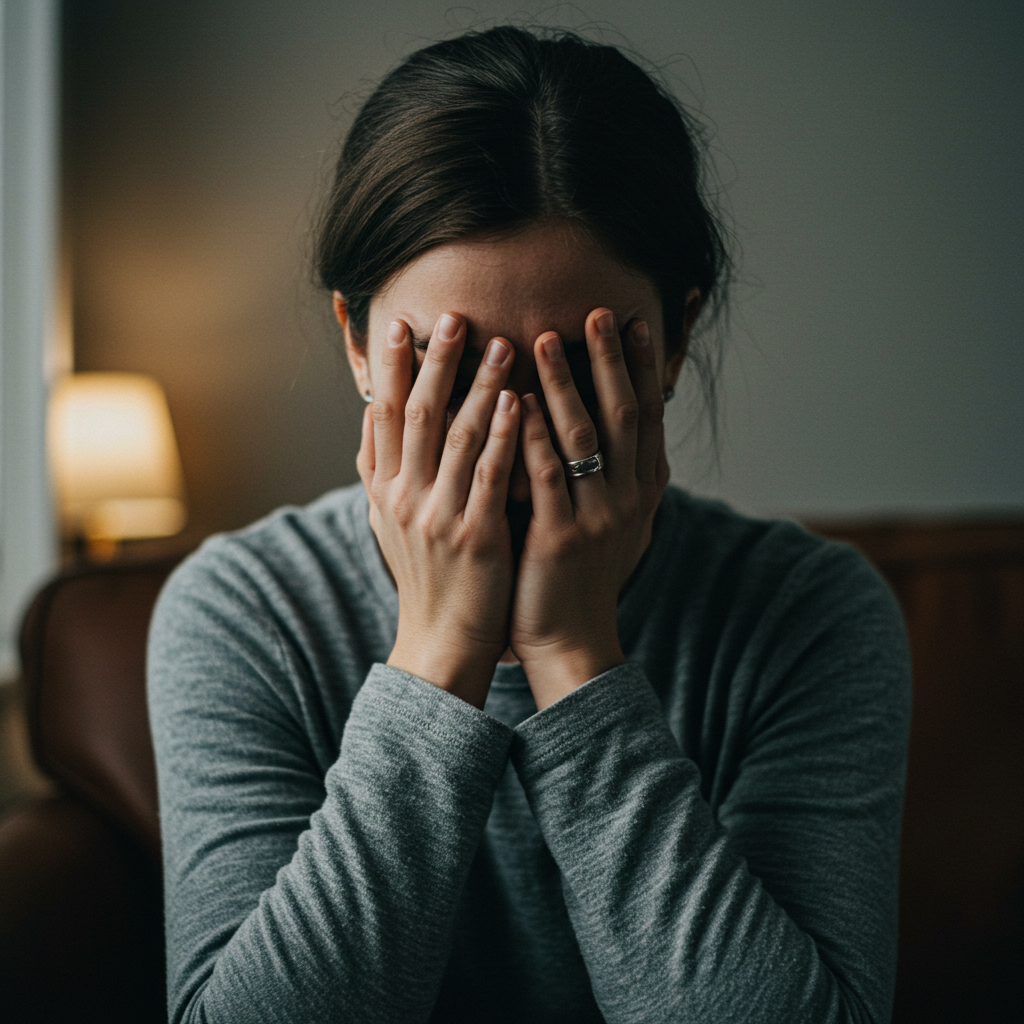
Even if you’re doing everything right on the outside, stress can trigger internal inflammation and increase oil production—especially around the chin, jaw, and neck.
De-stress solution:
Try meditation, journaling, evening walks, or limiting screen time. Also, don’t underestimate sleep. Your skin heals at night—give it the time it needs.
8. You’re Picking Without Realizing It
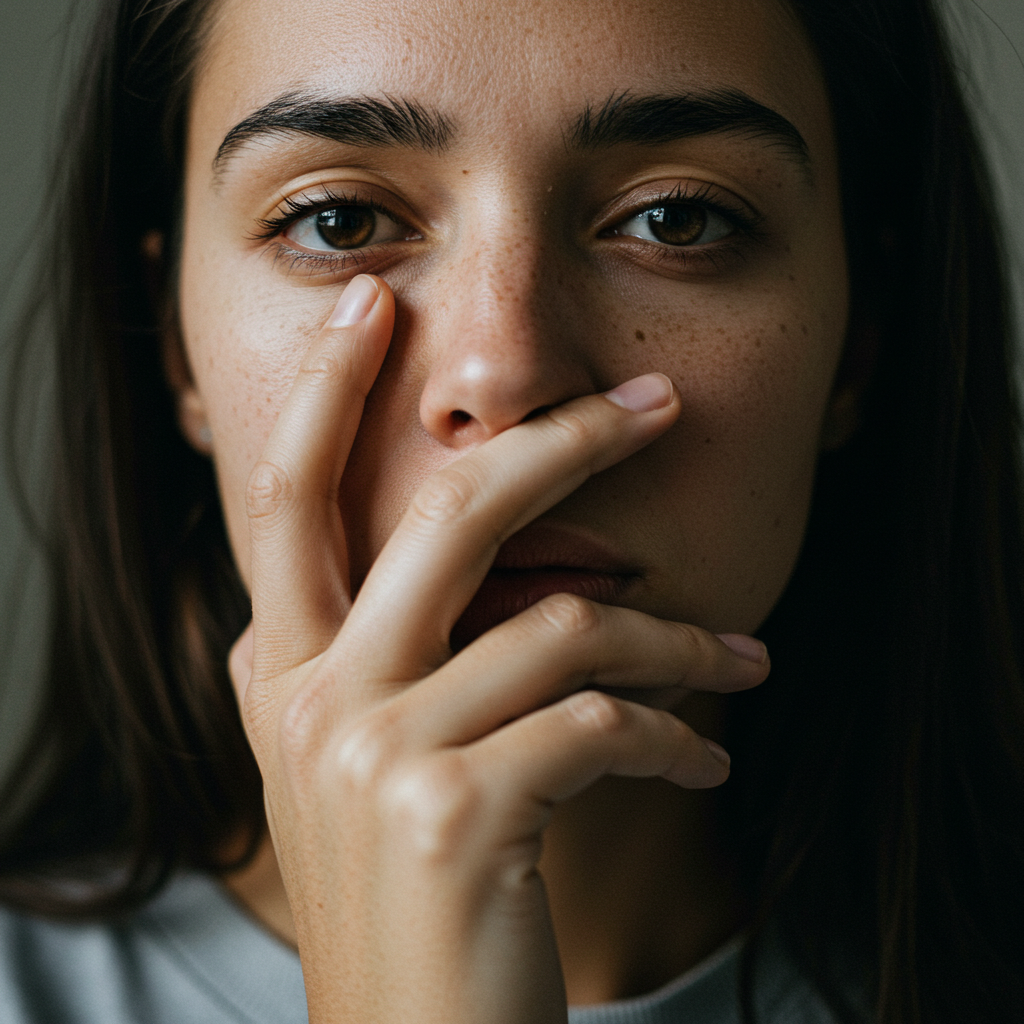
Unconscious picking—especially while watching TV, working, or scrolling—is a common habit that causes microtears, inflammation, and deeper breakouts.
Awareness tip:
Keep your hands busy with a stress ball or fidget toy. Place a mirror near your desk as a visual reminder to stop touching your face.
9. You’re Not Moisturizing (Yes, Even If You’re Oily)
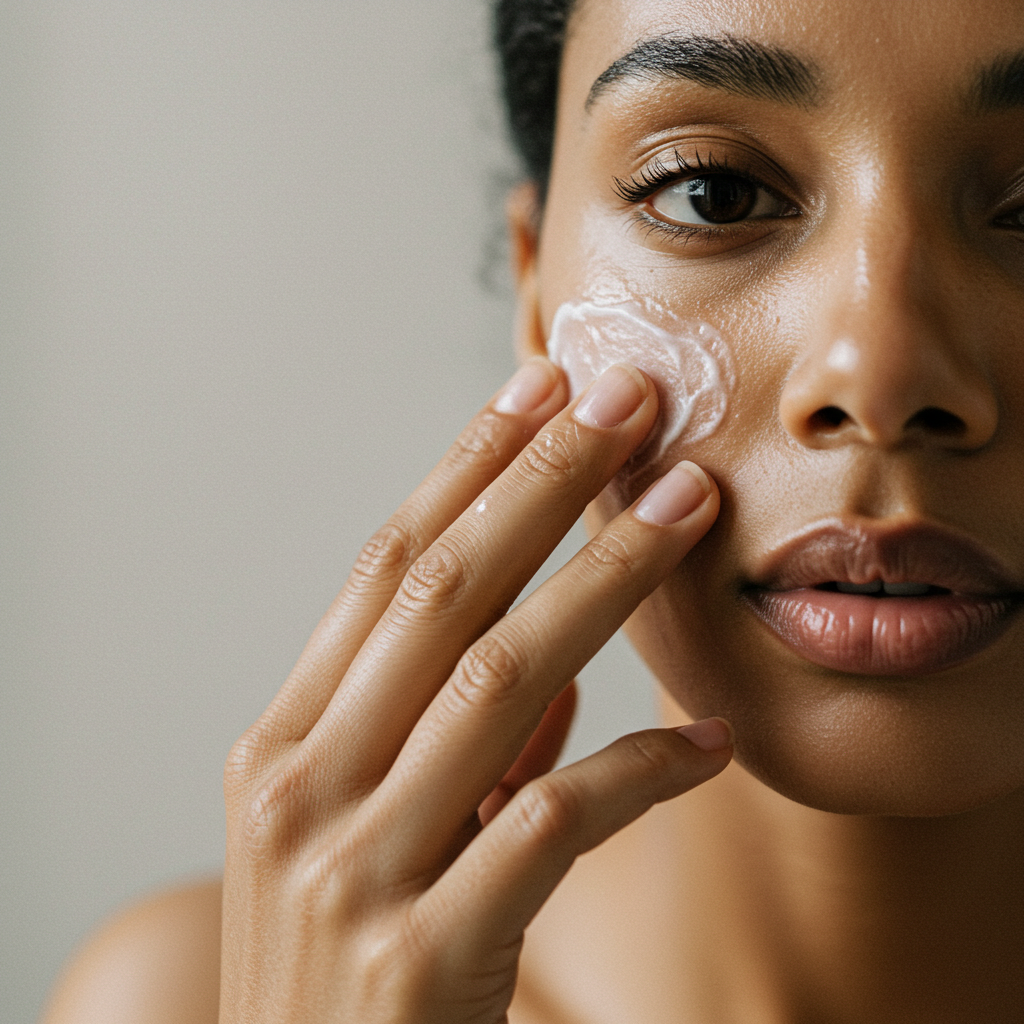
Dehydrated skin overcompensates by producing even more oil, which can worsen acne. The right moisturizer helps balance oil production and strengthen the skin barrier.
Best choices:
Look for gel-based moisturizers with ingredients like niacinamide, hyaluronic acid, or panthenol. Avoid heavy creams unless your skin is very dry.
10. You’re Skipping SPF—And It’s Making Scars Worse
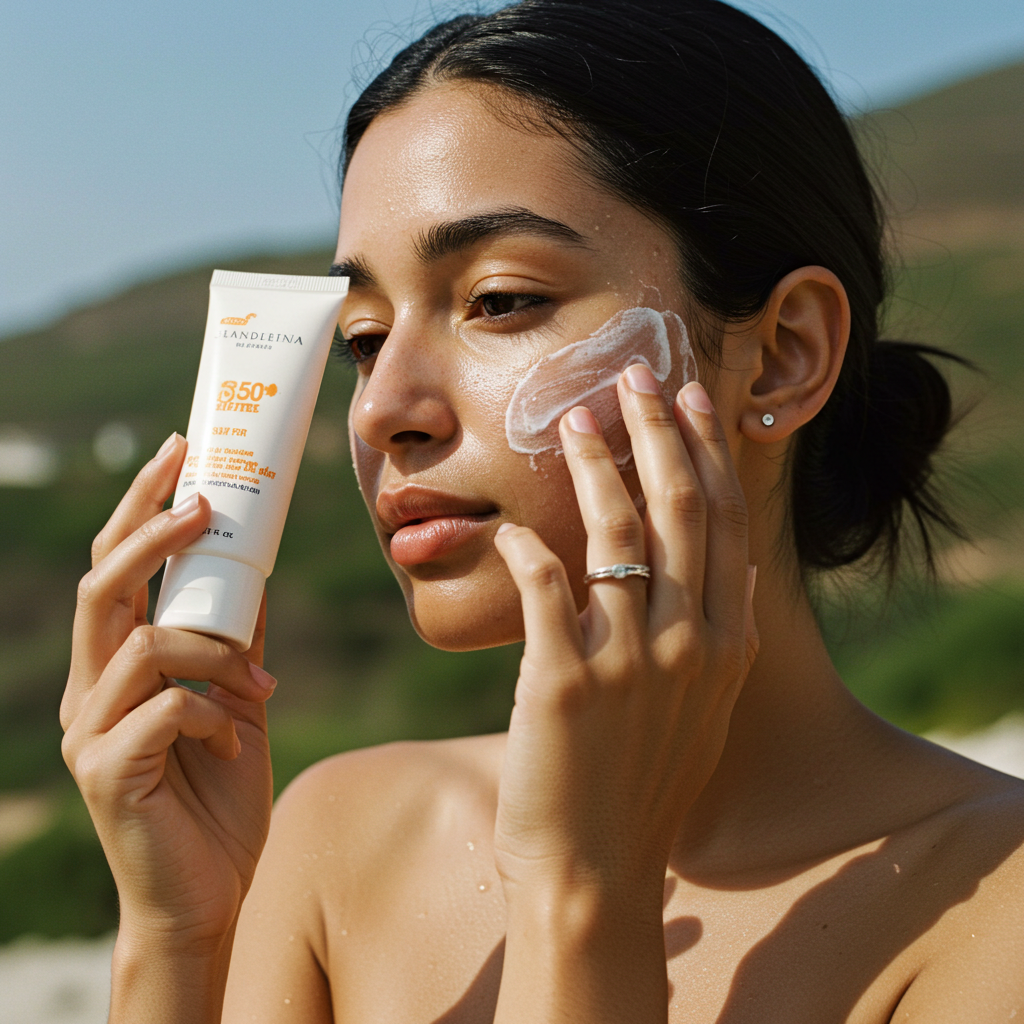
Many people with acne skip sunscreen out of fear it’ll clog their pores. But UV exposure darkens acne scars and slows healing—plus, many acne treatments make your skin more sun-sensitive.
Fix it now:
Find an oil-free, non-comedogenic SPF with a lightweight texture. Mineral formulas with zinc oxide are great for sensitive skin.
Real Talk: Clearing Acne Takes More Than a “Holy Grail” Product
If you’ve been frustrated with acne despite having a “good” routine, the problem may be in the small stuff. Skincare is holistic—it’s not just what you apply, but how you live. From hygiene habits to stress levels to the materials you sleep on, your skin reflects everything.
Instead of constantly chasing new products, take a step back. Reevaluate your environment, your habits, and your lifestyle.
Healing starts when you stop blaming your skin—and start supporting it.
